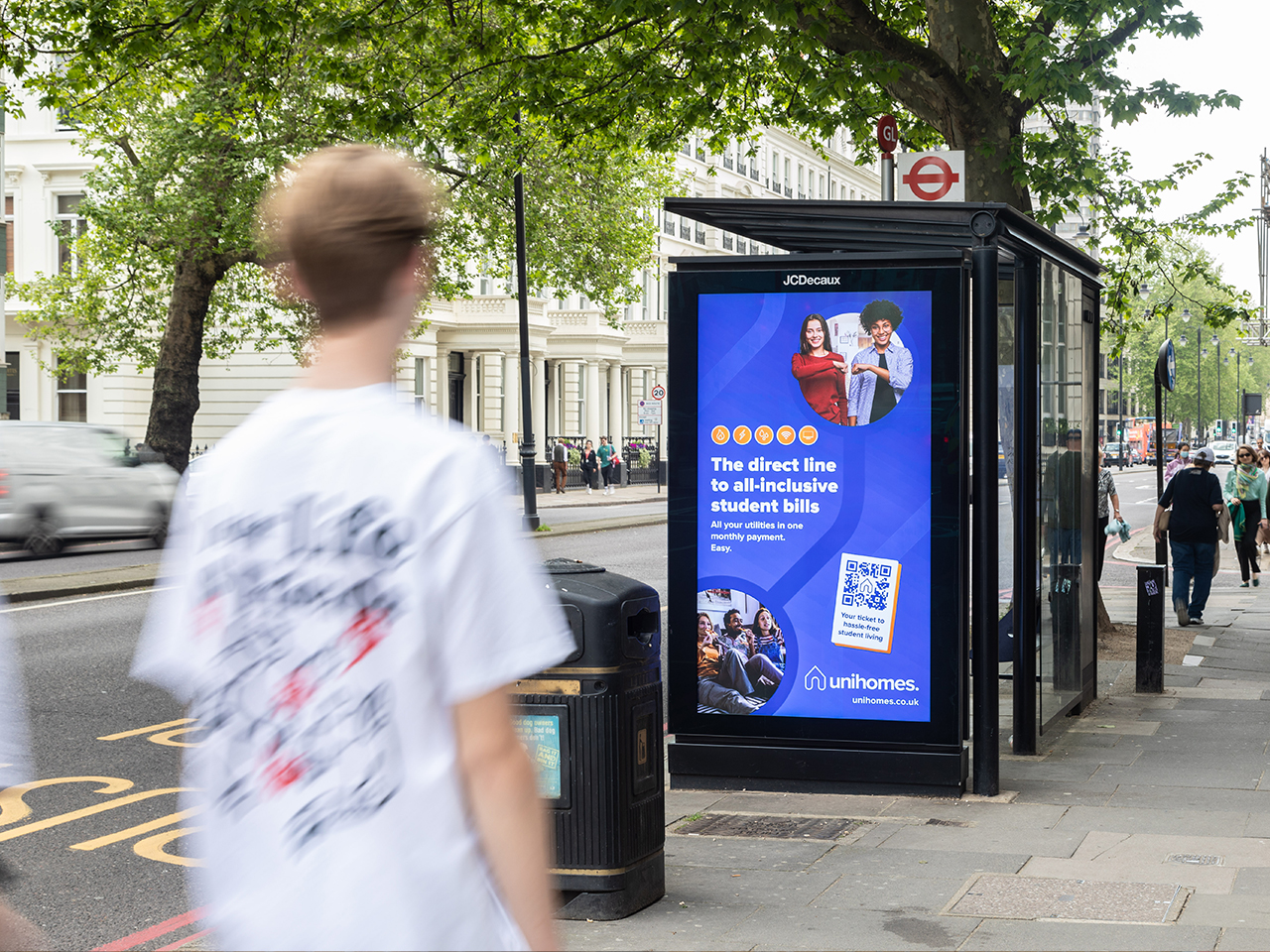The International Telecommunication Union, the U.N. body convening the conference, has said there is broad consensus that the treaty governing the way international voice, data and video traffic is handled needs to be updated after 24 years.
However, doing nothing "would not be a terrible outcome at all", said U.S. Ambassador Terry Kramer, who will head the U.S. delegation at the World Conference on International Telecommunications, which will be held in Dubai.
"The natural path we're on is pretty good," he told reporters in Geneva. "Does that mean there aren't things that could improve? Absolutely there are things that could improve. But the best thing to do, if you could pick two options, one is to get prescriptive and get into a lot of things versus leaving things open, we're much better by leaving things open."
He rejected suggestions that the United States was taking a negative approach to meeting, which will renegotiate a treaty last revisited in 1988, and said other countries' ideas about putting rules in place to force the Internet to develop were the more negative proposals.
The treaty comprises international telecommunications regulations (ITRs) that set out principles for ensuring that networks can connect with each other smoothly.
Source: Reuters








